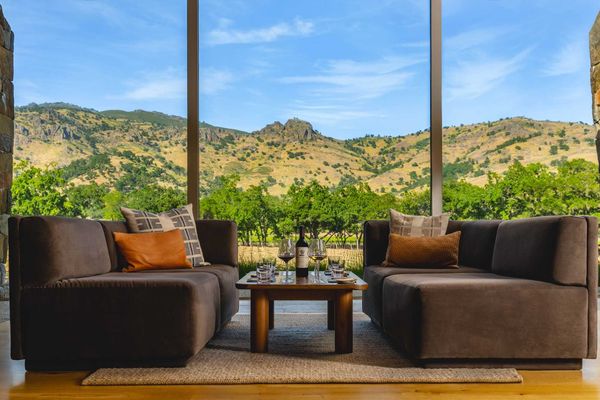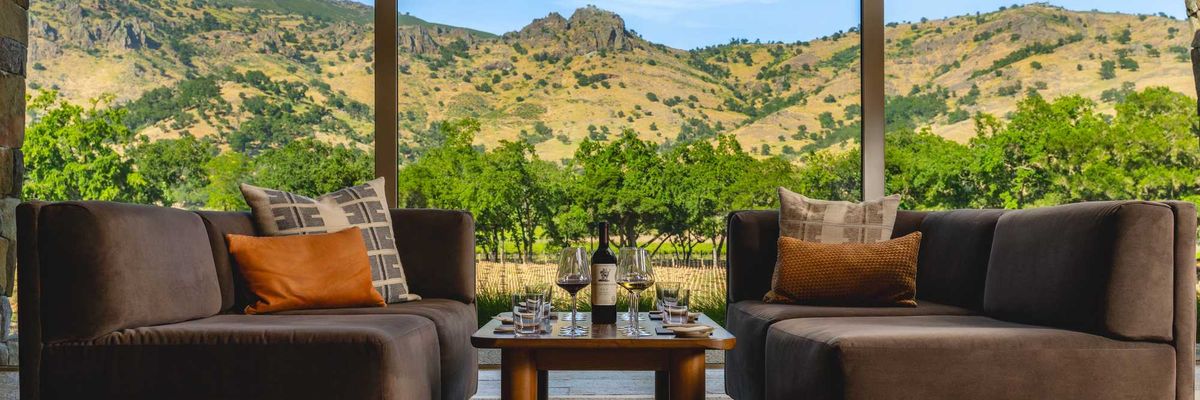Let’s get one thing straight: George Romero, the legendary director of Night of the Living Dead whose nightmarish vision of zombies rising from the grave to prey upon the living has spawned countless imitations and remakes, never wanted to take a break from the franchise that has become his most celebrated legacy.
“After I made Monkey Shines in 1988, I started developing a bunch of big movies for Hollywood studios, projects like Goosebumps and The Mummy, and I made more money then than I ever have before or since,” says Romero, 70. “We were rewriting movies for big stars – you know, let’s make this for Sharon Stone or Alec Baldwin. Then the next week, we’d be rewriting the same movie again for Eddie Murphy.
“But we weren’t actually making any movies. Eventually I just threw up my hands. I’d had enough. That’s the reaction I usually seem to have when I try to work with Hollywood. I wanted to go back to making smaller, independent movies where I had creative control.”
With Survival of the Dead, which opens Friday, he has done just that. Romero once intended to make a Living Dead movie every 10 years, as a reflection of “where we’re at” as a society, but he blames his Hollywood misadventure for missing the ’90s. He roared back with Land of the Dead in 2005 – ironically, with a $20 million budget, the most extravagant he’d worked with since 1993’s The Dark Half – and has since produced two more: Diary of the Dead (2007) and the Western-themed Survival.
The Crazies
Romero understands why Hollywood has concentrated in recent years on remaking horror films that represent known commodities, including his own Dawn of the Dead (2004) and this year’s The Crazies. It’s the money. But he has never been content to spin his wheels, and he doesn’t bite his tongue when asked about a trend he finds troubling.
“I understand it on an economic level, but these movies don’t make sense to me,” he says. “Zack Snyder turned Dawn of the Dead into a video game – what was the point? The Hollywood studios are taking films with names that everybody recognizes, like Dawn of the Dead and Halloween, and gambling that people will spend their money on them.
“I produced The Crazies, but the money I got from it was essentially to keep me at home, away from the set. I thought I’d have more creative involvement than I did. Why did they make it? There was no reason to – I think they just wanted to capitalize on the zombie trend. They wanted to make 28 Days Later all over again.”
Land of the Dead
After Land of the Dead, in which zombies descend on a Pittsburgh high-rise barricaded to protect the living – “Dennis Hopper’s cigar budget for that movie was bigger than my budget for Night of the Living Dead,” Romero jokes – he deemed it necessary to return to his modest roots, with movies like Diary and Survival, both of which cost less than $3 million. The director wouldn’t have it any other way.
“I felt like the reins had fallen out of my hands, even though my experience with Land was a very positive one,” he says. “I still had a few ideas spinning around in my mind. I wanted to do something about emerging media and citizen journalism, and that informed the script I quickly wrote for Diary. The company I worked with agreed to give me the final cut and creative control if I made it for under $3 million, so I did.
“I thought of it as a one-off, a little sidebar to my Living Dead movies. Well, Diary made a ton of money worldwide – whoops! Everyone said, ‘Let’s do this again.’ But I insisted that if we made another film, we had to have a strategy. So I took characters out of Diary and told their individual stories, sent them off in their own directions. That set up a trilogy of sequels that begins with Survival. I’d like to make two more, but inspired by a more universal concept, a theme that’s been submerged in the older movies.”
Survival of the Dead
The prevalent theme in Survival of the Dead is man’s inability, even under the most desperate circumstances, to put aside petty differences in pursuit of a common goal: survival of the living. Romero says the metaphor could apply to any number of conflicts – in Ireland, the Middle East or even the U.S. Senate. And it was universal enough to allow him the stylistic latitude to make a different kind of zombie movie, inspired by the classic Westerns of the ’40s and ’50s.
“I figured I could take the idea even further, and do something entirely new to me,” says Romero, who has two movies on the backburner – one a horror film, the other a story “close to the heart” – that he’d like to make after completing his post-Diary trilogy. “The story reminded me of an old William Wyler movie called The Big Country. So I decided to make a Western.
“Who knows? Maybe I’m out of my mind, and maybe I’ll get hit by a bus tomorrow and never get to make any more movies. I don’t like to think far ahead. But I loved how we approached Survival of the Dead. It’s a bunch of filmmakers who aren’t young but feel young at heart, getting together and making the kinds of movies we love. Maybe the next one will be a noir. Or I’ll have zombies floating down the Amazon. As long as we keep the budget reasonable, we’ll call the shots and make the movies our way.”




















